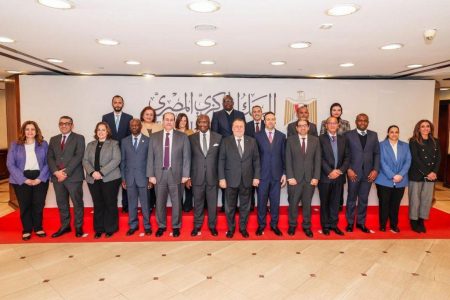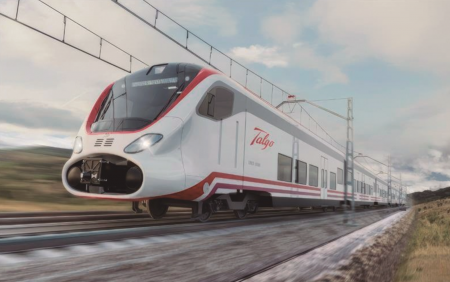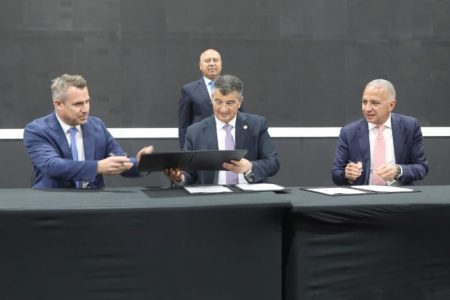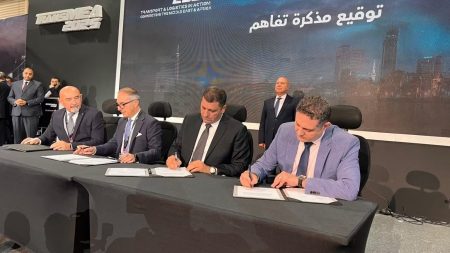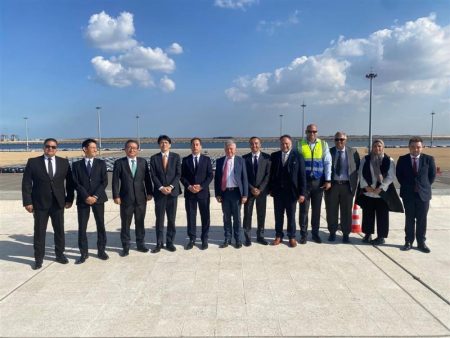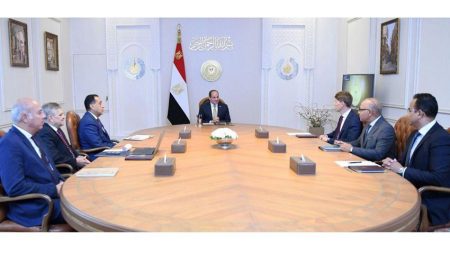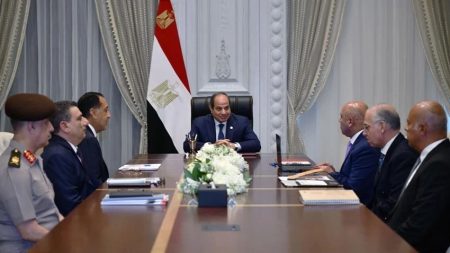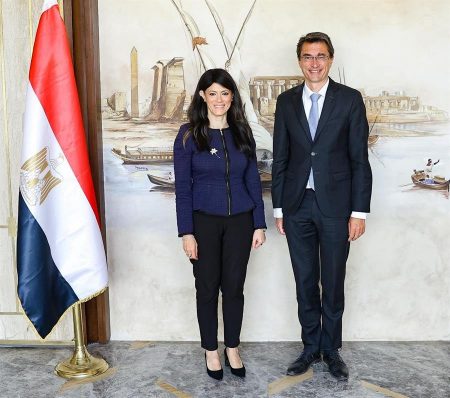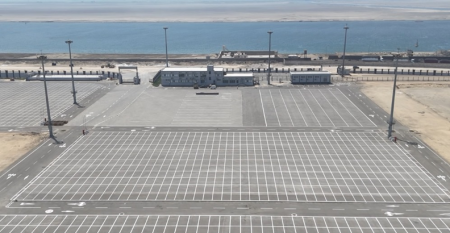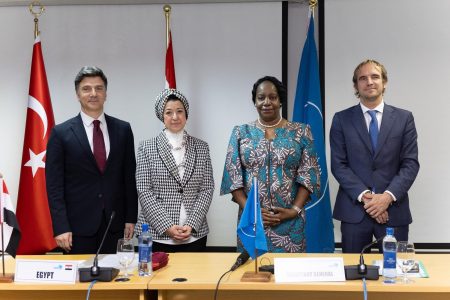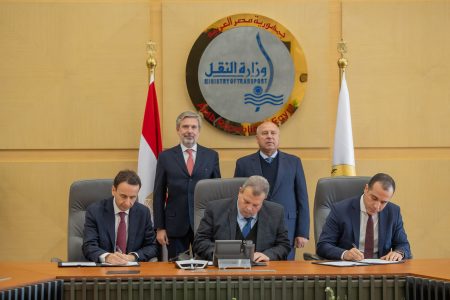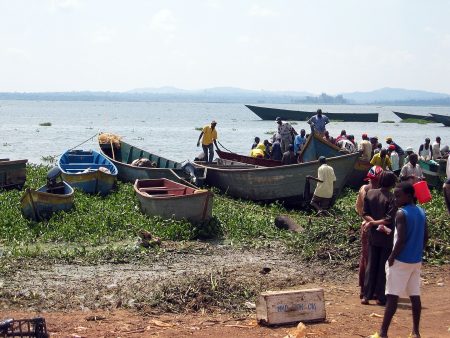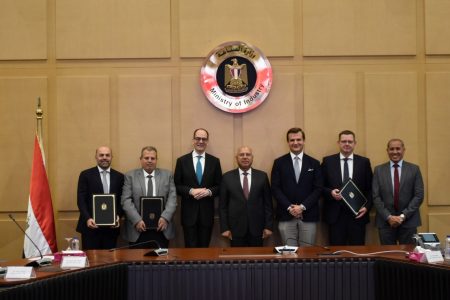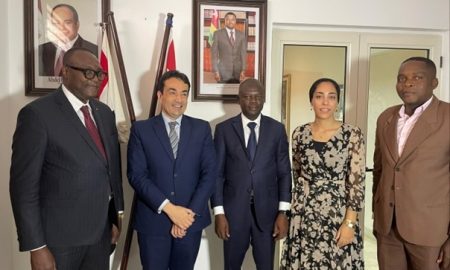This content is for Premium Subscribers only. To view this content, login below or subscribe as a Premium Subscriber.
Related News Articles
GMV Equips New Talgo Sleeper Trains for Egypt
12 December 2025
North Africa, Egypt
2 min
Hitachi Rail to Deliver Rail Systems for First Modern Tramway in Egypt
21 November 2025
North Africa, Egypt
2 min
EBRD Promotes Sustainable Infrastructure In Egypt Through PPPs
22 September 2025
North Africa, Egypt
2 min
Egypt and World Bank Explore Expanded Cooperation to Drive Economic Development
14 August 2025
North Africa, Egypt
1 min
1 min
Egypt, Turkey, and France Ambassadors Accredited to COMESA
20 February 2025
SADC, Zambia
2 min
Salcef Group Strengthens its Presence in Egypt
18 January 2025
North Africa, Egypt
1 min
The Dream of Linking Lake Victoria to the Mediterranean Sea
11 December 2024
North Africa, South Sudan
3 min
State-of-the-art track Maintenance Fleet for Egyptian National Railways
07 December 2024
North Africa, Egypt
2 min
Agriculture and Transport: Togo and Egypt Explore New Partnership Opportunities
15 November 2024
West Africa, Togo
2 min
